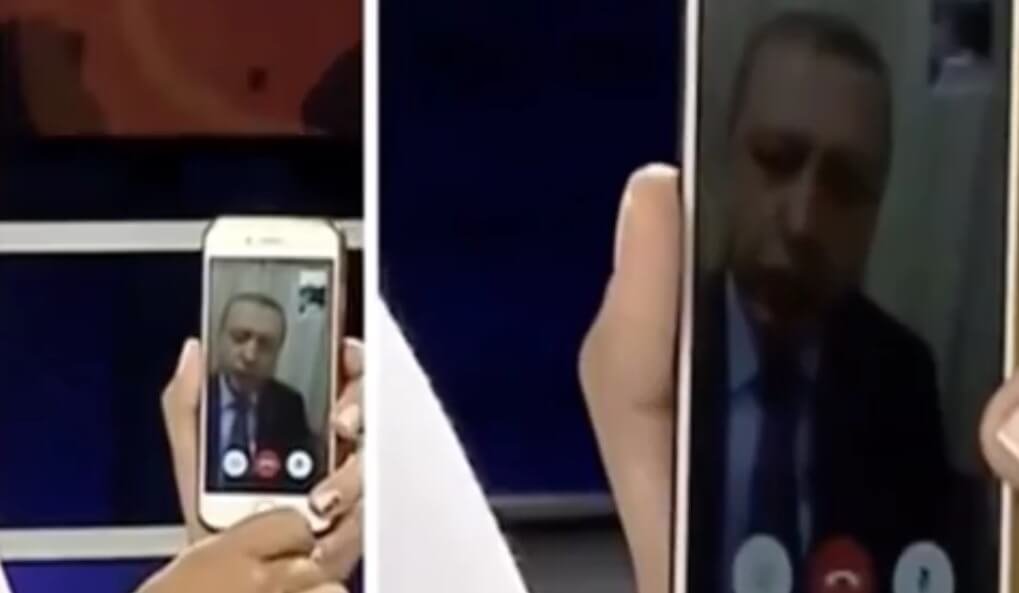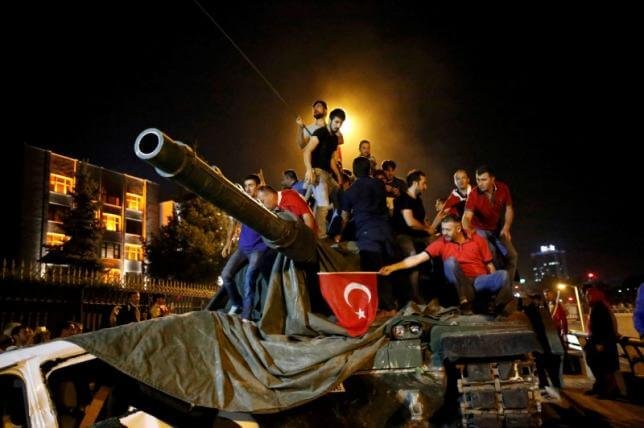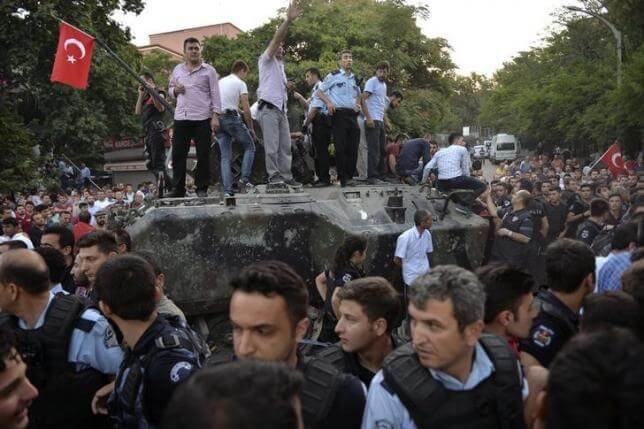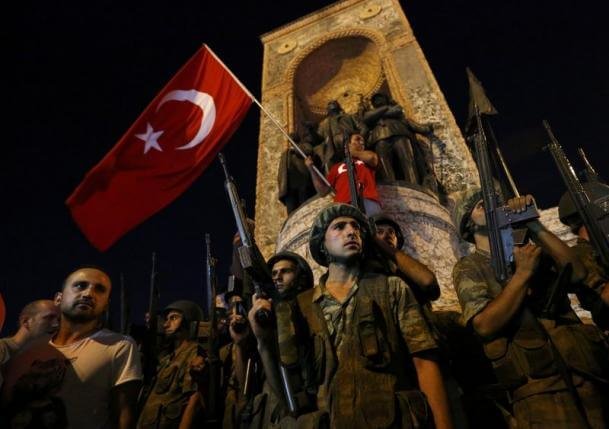The attempted military coup in Turkey exploded across social media late on Friday despite restricted access to Twitter, Facebook and YouTube during the first hours of the putsch.
Turkish President Tayyip Erdogan, an avowed enemy of social media who has frequently made Twitter and Facebook a target, addressed the country via a FaceTime video call that was shown on TV.

He also tweeted: “I call our nation to the airports and the squares to take ownership of our democracy and our national will” and retweeted posts from the prime minister and the official presidency account condemning the coup.
Critics of Erdogan were quick to note the irony of his using a medium that he has repeatedly denounced to save his own presidency.
At the same time, both supporters and opponents of the coup inundated social networks with commentary and images, many of them live videos.

Vivid but often confusing scenes from Turkey unfolded on screens across the world as videos showed explosions at the Turkish parliament, helicopters firing on protesters and opponents of the coup standing in front of tanks.
“It’s almost 2 a.m. and mosques across Istanbul are relentlessly calling people to the streets to resist and protest the military coup,” wrote Twitter user Ceylan Yeginsu.
Backers of the coup criticized Erdogan’s rule, using social media to urge government opponents to take to the streets.

A map of all Facebook Live videos showed dozens of live streams coming out of Turkey, including videos of hundreds of people gathered out on the streets. On Twitter, users shared images and videos of scenes in Istanbul and Ankara, with gunshots heard in the background of some videos.
Turkey’s military said on Friday it had seized power, but the prime minister said the attempted coup would be put down and Erdogan himself later vowed to punish the plotters.
During the initial phases of the uprising by a section of the military, it was difficult or impossible to access social media for many users except by using a “virtual private network” to bypass local internet providers, local residents and monitoring groups said.

It was not immediately clear whether the government or another actor ordered blockages, but it later appeared that service had been restored.
Hotspot Shield, an app that allows users to connect to virtual private networks, said it saw a more than 300 percent increase in new downloads in Turkey within two hours of the coup becoming public knowledge.
The Turkish government under Erdogan has repeatedly moved to block social media in periods of crisis and political uncertainty.
(Feature Image Source: Youtube)

















